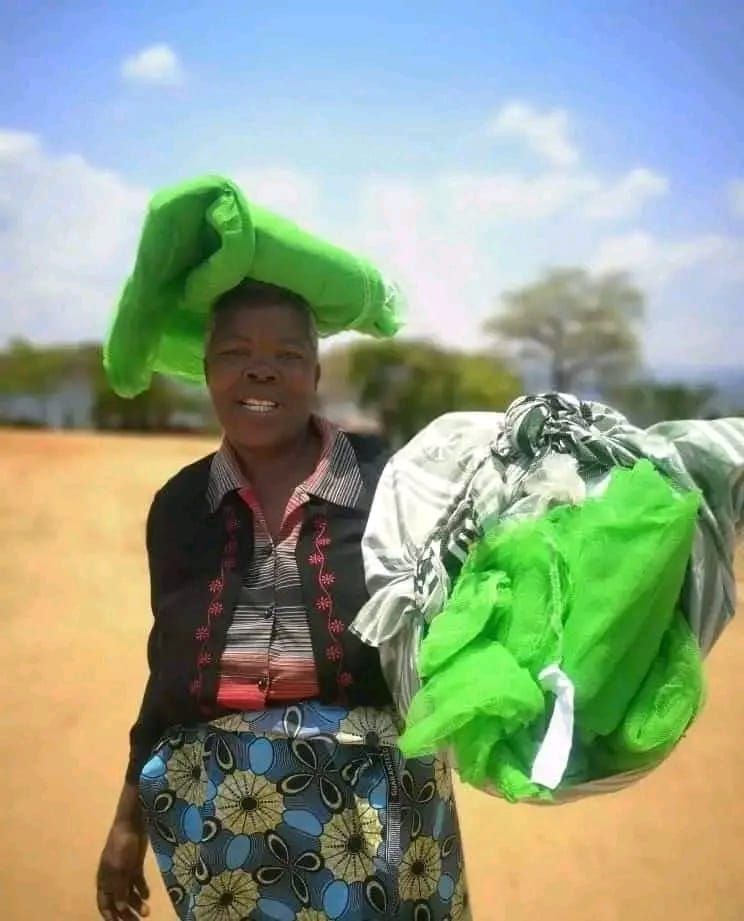By Twink Jones Gadama
In a bid to combat malaria, the Dedza District Council has received 800,000 mosquito nets worth millions of kwachas. The donation, aimed at protecting residents from the deadly disease, comes as the district grapples with an alarming increase in malaria cases.
According to James Chikankheni, Dedza District Health Officer, the nets will be distributed to all households in the district. “We have targeted all households in Dedza to receive these mosquito nets,” Chikankheni said in an interview.
Malaria remains one of the leading causes of morbidity and mortality in Malawi, particularly in rural areas. The disease has claimed countless lives, mostly children under five and pregnant women.

Chikankheni revealed that over 80,000 people in Dedza have contracted malaria in the past three months alone. “This is a staggering figure, and we need to act swiftly to prevent further spread of the disease,” he emphasized.
The mosquito nets donation is a welcome relief to the district, which has struggled to contain the malaria outbreak. Chikankheni appealed to residents to utilize the nets effectively and consider purchasing additional nets or building mosquito-repellent homes.
“We urge everyone to sleep under these nets and take other preventive measures to avoid contracting malaria,” Chikankheni stressed.
The Dedza District Council has been working tirelessly to combat malaria through various initiatives, including indoor residual spraying, larval control, and distribution of mosquito nets.
“This donation will go a long way in supporting our efforts to reduce malaria cases in the district,” Chikankheni acknowledged.
Residents of Dedza have expressed gratitude for the donation, citing the devastating impact of malaria on their communities.
“Malaria has ravaged our community, claiming lives and leaving many orphans,” said Emily Kanyenda, a resident of Dedza. “We are thankful for these mosquito nets and pledge to use them diligently.”
The donation of mosquito nets is a critical step in the fight against malaria in Dedza District. As the district continues to grapple with the disease, such interventions will help mitigate its impact and save lives.
Malawi has made significant progress in reducing malaria cases in recent years. However, more needs to be done to eliminate the disease entirely.
In 2019, the Malawi Government launched the National Malaria Strategic Plan, aimed at reducing malaria cases and deaths by 40% by 2025.
The plan focuses on increasing access to malaria prevention and treatment services, improving surveillance, and strengthening community engagement.
As Dedza District benefits from the mosquito nets donation, the fight against malaria remains a collective responsibility.
Government, health authorities, and communities must continue working together to combat this deadly disease and ensure a healthier future for Malawians.
The donation of 800,000 mosquito nets to Dedza District is a significant stride in the battle against malaria.
As residents receive these life-saving nets, they must utilize them effectively and adopt other preventive measures to avoid contracting the disease.
Only through sustained efforts and collaboration can Malawi hope to eliminate malaria and achieve its development goals.


